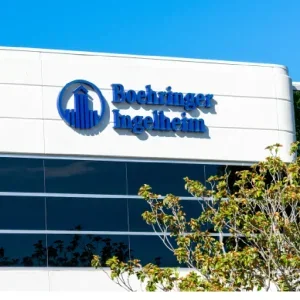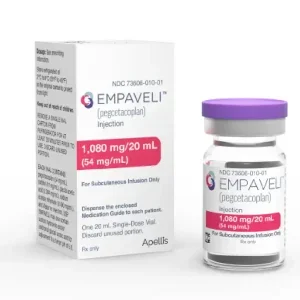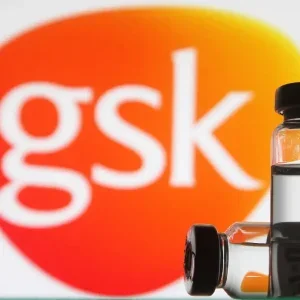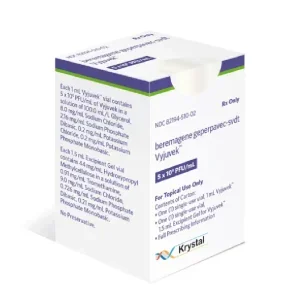Medical devices manufacturer Medtronic has received US Food and Drug Administration (FDA) approval for its IN.PACT AV drug-coated balloon (DCB) for treatment of end-stage renal disease (ESRD) patients.
Medtronic said that its IN.PACT AV DCB is a paclitaxel-coated balloon, intended to treat the failing arteriovenous (AV) access in patients with end-stage renal disease (ESRD) undergoing dialysis.
Medtronic cardiac and vascular group peripheral vascular business vice president and general manager Mark Pacyna said: “The FDA approval of IN.PACT AV DCB marks a significant step forward for paclitaxel-coated devices.
“Importantly, it allows us to expand our proven IN.PACT DCB platform beyond the superficial femoral artery. We are excited to bring this technology to physicians in the US and to help improve the lives of patients living with ESRD.”
The IN.PACT AV Access trial enrolled 330 subjects, across 29 sites in the US, Japan, and New Zealand
The company said that its IN.PACT AV DCB has been designed based on technology from its IN.PACT Admiral platform, which delivers antiproliferative drug paclitaxel, to increase blood flow and reduce thickening of the vessel wall.
Also, the device enables the drug to penetrate deep into the vessel wall to prevent the restenosis and help to extend the time between reinterventions.
Medtronic said that the FDA approval of its DCB is based on data from the international, multicentre, blinded, 1:1 randomised, investigational device exemption (IDE) study that evaluated the safety and effectiveness of the IN.PACT AV DCB.
The study has reached the primary endpoints in showing the comparable safety and the superior effectiveness of IN.PACT AV DCB compared to percutaneous transluminal angioplasty (PTA).
Also, the study results showed that IN.PACT AV DCB is capable of extending the time between reinterventions by maintaining AV access site patency and maximising patient’s uninterrupted access to life-saving dialysis care.
The IN.PACT Admiral DCB has secured the expanded CE Mark indication for the treatment of failing arteriovenous (AV) access in patients with end-stage renal disease undergoing dialysis in 2016.
IN.PACT AV Access trial investigator Vincent Gallo said: “In many cases, AV fistula are considered lifelines for patients with ESRD as they are the primary access point for life-saving dialysis treatment. When these access sites fail, patients experience delays in their dialysis treatment and require multiple reinterventions to keep the site functioning.
“With this approval physicians now have access to a safe and extremely effective therapy to slow the progression of restenosis, which results in fewer reinterventions and disruptions in care for these patients.”






